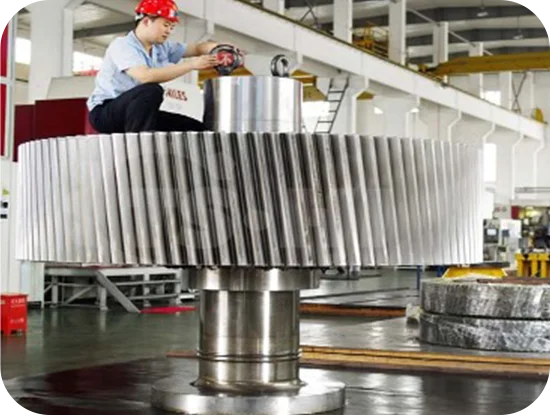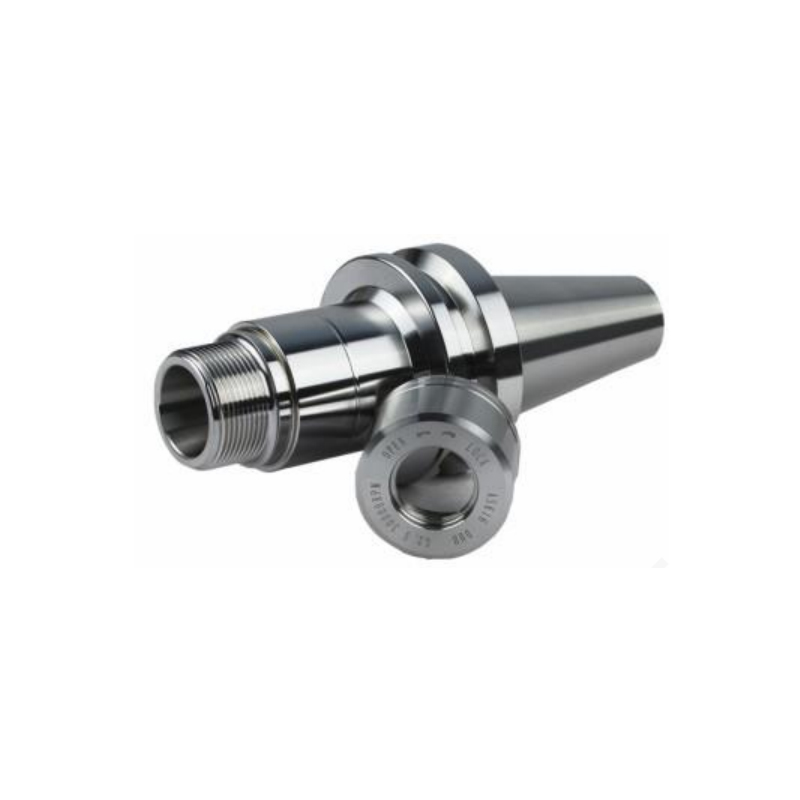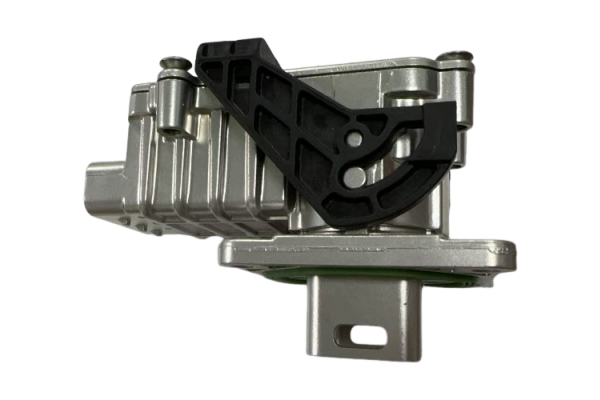In the automotive industry, fuel pumps play a crucial role in delivering fuel from the tank to the engine. However, there are two main types of fuel pumps: mechanical and electronic. Understanding the differences between these two types is essential for both car enthusiasts and professionals. In this article, we will delve into the intricacies of mechanical and electronic fuel pumps, exploring their functionalities, advantages, and applications.
- Mechanical Fuel Pump:
Mechanical fuel pumps have been a staple in the automotive industry for decades. These pumps are typically driven by the engine's camshaft or a separate eccentric shaft. They rely on mechanical components, such as diaphragms or rocker arms, to create the necessary pressure to deliver fuel to the engine.
Advantages:
- Simplicity: Mechanical fuel pumps have fewer components, making them relatively easy to maintain and repair.
- Reliability: Due to their mechanical nature, these pumps are less prone to electronic malfunctions or failures.
- Compatibility: Mechanical fuel pumps are compatible with a wide range of vehicles, including older models.
Applications:
- Classic Cars: Mechanical fuel pumps are commonly found in vintage and classic cars, where their simplicity and reliability are highly valued.
- Off-Road Vehicles: Their robust design makes them suitable for off-road applications, where electronic components may be more vulnerable to damage.
- Electronic Fuel Pump:
With the advancement of technology, electronic fuel pumps have become increasingly prevalent in modern vehicles. These pumps utilize an electric motor to generate the necessary pressure for fuel delivery. They are controlled by the vehicle's engine control unit (ECU) and can adjust fuel flow based on engine demand.
Advantages:
- Efficiency: Electronic fuel pumps can provide a more precise and consistent fuel flow, optimizing engine performance and fuel consumption.
- Versatility: These pumps can be integrated into complex fuel systems, allowing for better control and monitoring.
- Safety: Electronic fuel pumps often incorporate safety features such as pressure sensors and shut-off valves, enhancing overall vehicle safety.
Applications:
- Fuel-Injected Engines: Electronic fuel pumps are a vital component of fuel injection systems, which are commonly found in modern vehicles.
- High-Performance Cars: Their ability to deliver fuel at varying pressures makes electronic fuel pumps ideal for high-performance engines.
Conclusion:
In summary, the choice between a mechanical fuel pump and an electronic fuel pump depends on various factors, including the vehicle's age, application, and desired performance. While mechanical fuel pumps offer simplicity and reliability, electronic fuel pumps provide enhanced efficiency and versatility. Understanding the differences and applications of these fuel pump types is crucial for maintaining and optimizing the performance of different vehicles.





